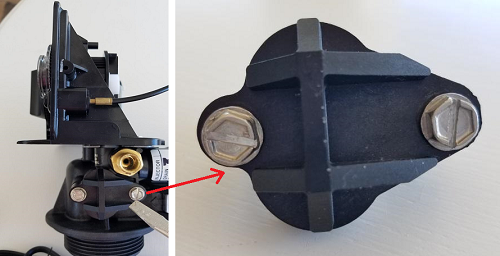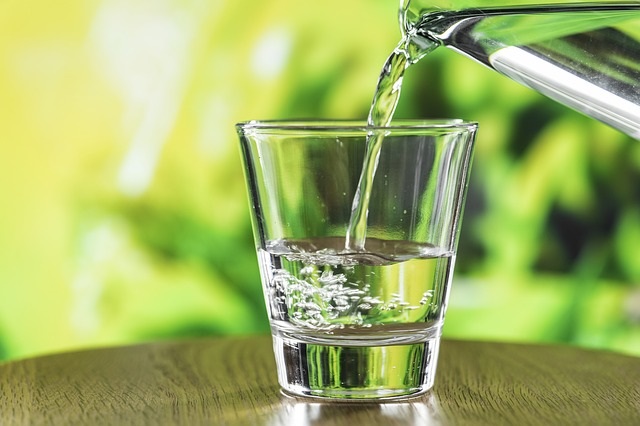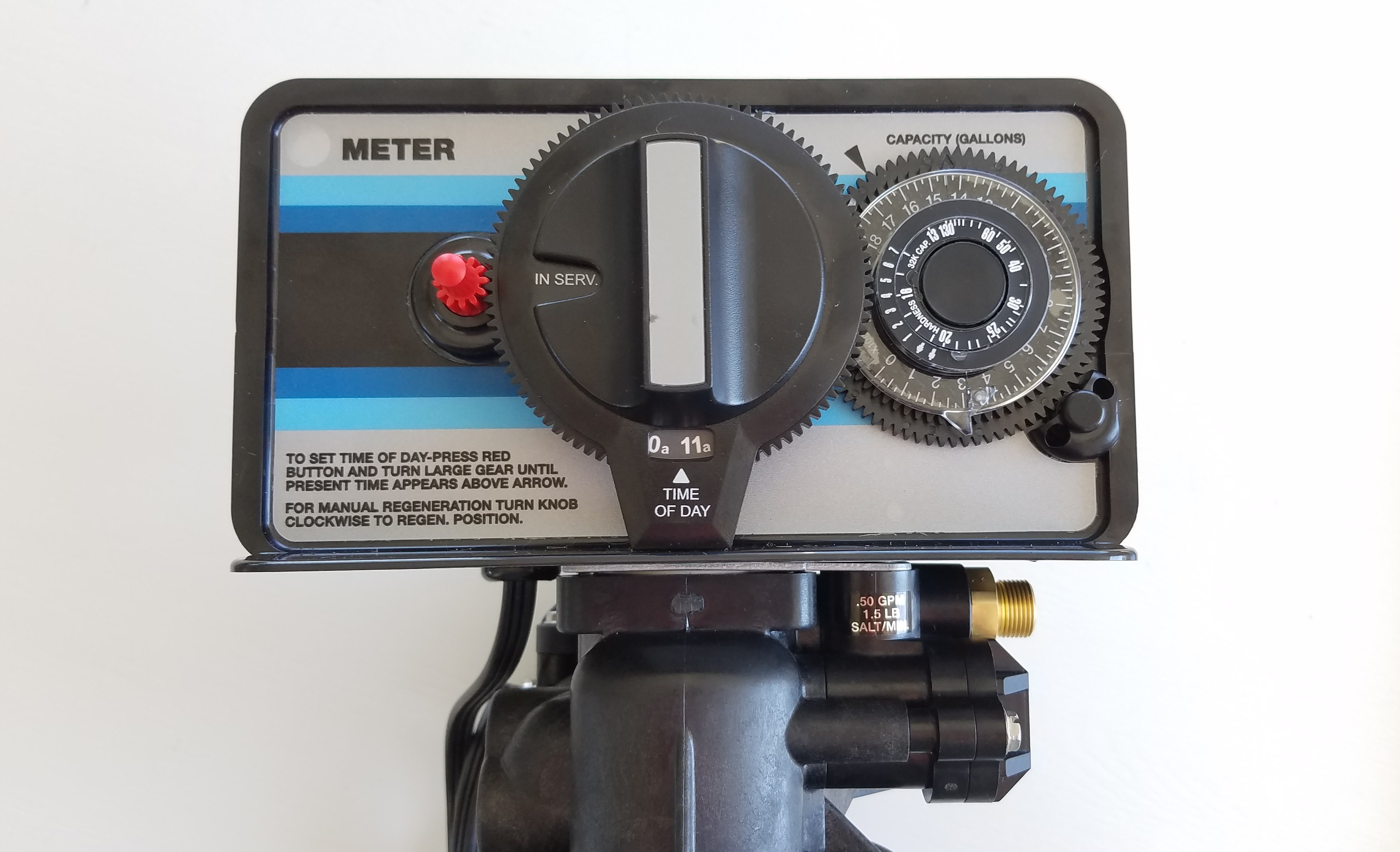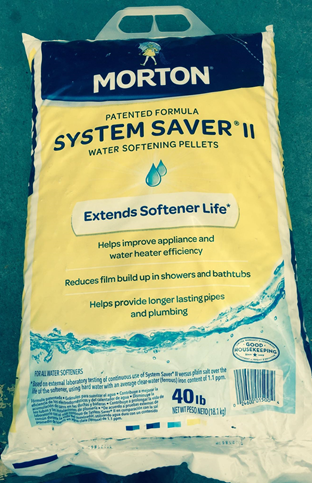We’ve outlined the step by step instructions for replacing the injector set on your Fleck 5600 Metered Softener. Keep in mind that your system may not look exactly the same as the one shown, but that is OK. Step 1 – Shut your main water off OR turn your pump breaker off and then run some Read the full article…
Well Water Tips for Homeowners During Winter Storms
It is that magical time of year in New England again! The time of year when it’s cold, dark and you’re shoveling out your driveway for the third time this week because of snowstorm after snowstorm. Didn’t the weatherman say we were only supposed to get a dusting? This winter weather can not only impact Read the full article…
How Much Sodium Does a Softener Add to Drinking Water
Many homeowners often ask how much sodium will be added to their drinking water if they have a Water Softener. This is a common concern, so we’ve including some important information below to show that your softener does not add much sodium to your water. A water softener adds about 9 to 18 mg of Read the full article…
Can Heavy Rain Effect Well Water?
Connecticut has seen some heavy rainstorms in the past few months, and all that rain can have a negative impact on your well. How? By introducing surface water. There are two types of water, Groundwater and Surface Water. If you get your water from a well, you are using groundwater to drink, bathe and clean Read the full article…
Fleck 5600 Metered Softener – Cycle Steps and Times
If you have questions about your Fleck 5600 Metered Softener regeneration cycle and the amount of time each step takes, we’ve summarized and provided details below. Simple Summary If you only need a 30 second answer, here it is! A Fleck 5600 Water Softener goes through a Regeneration Cycle every 3-15 days (in CT). There Read the full article…
How To Prepare Your Water Softener For The Holidays
Is your Water Softener ready for the holidays? With the holiday season just around the corner, here are a few tips and tricks to ensure you and your guests have clean, comfortable water. Have Enough Salt The average person is estimated to use 75 gallons of water per day. If you are having the entire Read the full article…
What Salt Should I Use For My Water Softener
Common Water Softener salt options include: Solar Salt Crystals Morton is a common brand, but there are others. This type of salt is basically dehydrated ocean water, so it may contain some impurities and debris. Usually comes in a blue bag, and is pretty inexpensive. Salt Pellets There are several brands that make pellets. Read the full article…
Do Salt Free Softeners Work?
Salt free softeners, also called scale reducing systems, function much differently than a Water Softener does. A Softener uses a process called ionic exchange, meaning it uses sodium to replace the calcium mineral that causes hard water. This leaves you with soft water, which is the absence of hardness. Types of Salt Free Softeners There Read the full article…
Memorial Day & Water Usage
The holiday weekend is just hours away and we know everyone has fun plans! We also know you will be using more water for parties, filling or topping off your pool, watering your lawn, or pressure washing your house. Read this blog for some helpful tips! Water facts: Pools usually need between 3,000 and 6,000 Read the full article…
What’s In Your Water?
Come see H2O Equipment Company at the Portland Library on Monday, April 20th at 6 pm for our presentation on residential well water! Event Details: Presentation: “What’s In Your Water?” Company: H2O Equipment Company Location: Portland Library – 20 Freestone Avenue, Portland CT in the Mary Flood Room Date: Monday, April 20th Time: 6:00 pm Read the full article…





